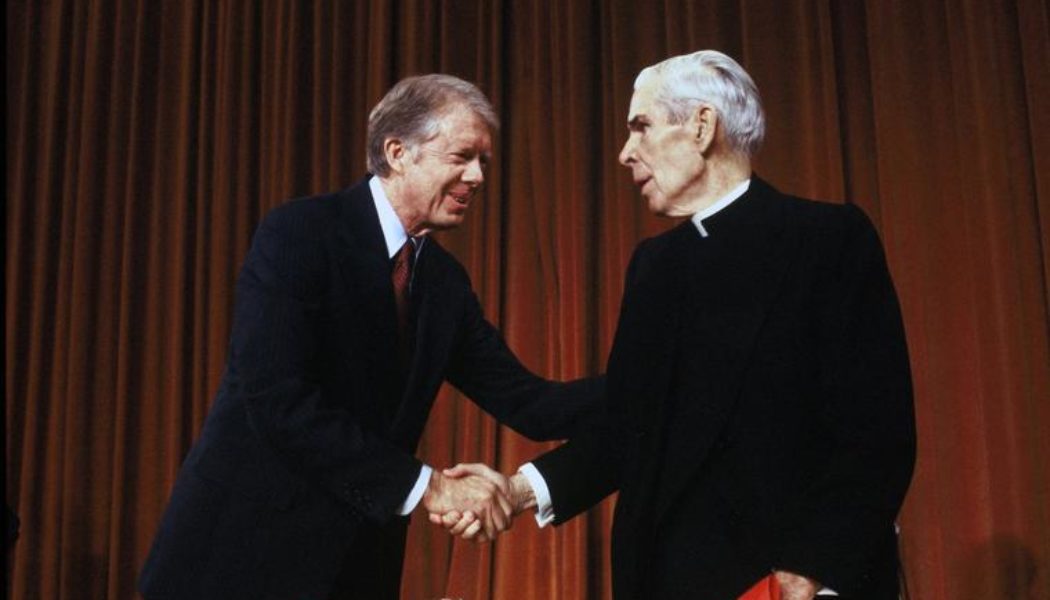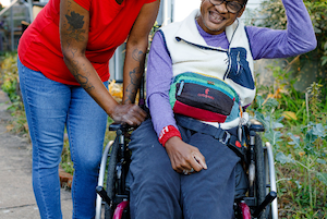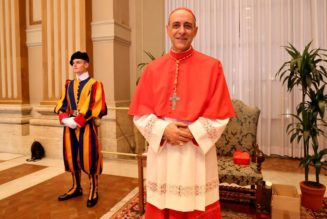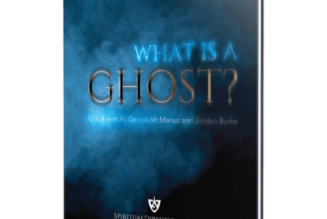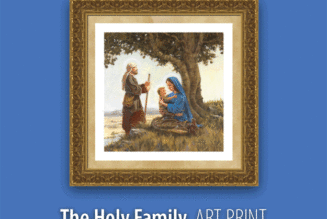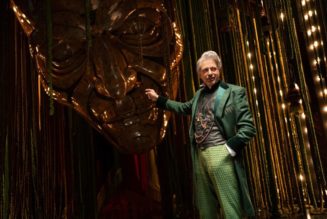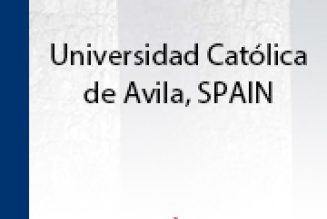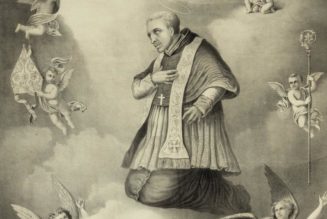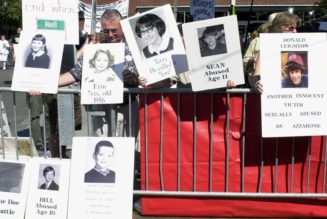
“Mr. President, you are a sinner,” Archbishop Fulton Sheen said as he looked at President Jimmy and first lady Rosalynn Carter at the podium at the National Prayer Breakfast on Jan. 18, 1979.
Archbishop Sheen continued: “I am a sinner.”
Pausing again, he took in the crowd and began his speech: “Mr. President, Mrs. Carter, and fellow sinners, in a speech which the president gave in the Baptist church, Plains, Georgia, he quoted St. Paul to the effect that we are all sinners. So, Mr. President, we include you in this title. I will tell you why I have addressed you that way. But I want to preface it: first of all, by thanking God for our rights and liberties; secondly, by acknowledging to God our duties and responsibilities; and then will come the fact that we are sinners.”
Such faith-filled observations were commonplace for these two men, as Carter — who died this Sunday at age 100 — was known as a man of faith, and the archbishop was ever the preacher in his final year (he died in December 1979).
Rights and Duties
In his 1979 speech, Archbishop Sheen was masterful, even though months earlier he had spent four months in the hospital after a heart operation. In fact, his cardiologist was with him there that day because of Sheen’s still-serious condition.
Yet the bishop who had gained the attention of audiences worldwide with his preaching was as magnetic as ever, reminding the president and everyone that our rights of assembly, free speech and more are not from Congress or the courts, but, as the Founding Fathers acknowledged in the “second paragraph of the Declaration of Independence, that it is self-evident that all men are created equal, and that the Creator has endowed man with certain inalienable rights, among which are the right to life, liberty, and the pursuit of happiness. The Creator has given us those rights; therefore, they are inalienable. … And if we are to keep our rights, we must also keep our God. That is why our Declaration of Independence is fundamentally a declaration of dependence on God.”
He then emphasized, “We constantly hear about rights and liberties. But how about duties? … There is no such thing as a right without a duty. Rights and duties are correlative, like the two sides of a saucer. It is popularly said, for example, today, ‘Well, I’ve got to be me. I have to develop my own identity.’ How do we know our identity? By boundaries, by limits … by my God, my neighbor, my government, my fellow man.”
He pointed out that Americans had to acknowledge as a nation that no one has rights unless he has duties to God, country and neighbor.
A Nation of Sinners
“Now we come to the fact that we are sinners,” Archbishop Sheen said. “We Americans do not like to hear about sin. We Catholics believe in the Immaculate Conception of the Blessed Virgin Mary. We used to be the only ones who did. … Now, all Americans believe that they are immaculately conceived. There is no sin. We just make mistakes. We were fed on Grade B milk, had insufficient playgrounds, or our mother loved us too much, or our father loved us too little. So a distinguished psychiatrist, Karl Menninger, has written a book, Whatever Became of Sin. He said, ‘The rabbis and ministers and priests, stopped talking about it. … The psychiatrist picked it up, and then it became a complex.’
“Now, we have personal and we have social, national sins,” Archbishop Sheen said, getting to the heart of the matter. “Should we not have some reparation? Did not Lincoln mention it? Lincoln was the only president of the United States, in any public address, who ever mentioned the word ‘sin.’ Think of it! The only one, in his address of March the 30th, 1863.”
The good bishop then quoted President Lincoln: “Whereas it is the duty of nations as well as of men to own their dependence upon the overruling power of God, to confess their national sins and transgressions in humble sorrow, yet with a renewed hope that genuine repentance will lead to mercy and pardon, and to recognize the sublime truth announced in holy Scripture, and proven by all history. That those nations alone are blessed whose God is the Lord. In as much as we know that by his divine law, nations, like individuals, are subjected to punishments and chastisements in this world, may we not justly fear that the awful calamity of civil war, which now desolates our land, may be a punishment inflicted upon us for our presumptuous sins to the needful end of our national reformation as a whole people. … It behooves us, then, to humble ourselves before the offended Power, to confess our national sins, and to pray for clemency and forgiveness.”
Following up on Lincoln’s words, Archbishop Sheen then emphasized to everyone where to begin — with themselves. “First of all, our own personal sins: pride, covetousness, lust, anger, envy, gluttony and sloth. So that when we look at a crucifix, that’s our autobiography. The life of each and every one of us has been written. In those pierced hands, I can see my own hands grasping for things. The other hand dug with steel for my sinister moves and the open side of all false loves. Flesh hanging from him like purple rags for all the sins of lust. And for these personal sins gathered in this breakfast, we beg God’s pardon and forgiveness.”
Then he moved on to the country. “And for our national sins, whatever they be, for example, for not sufficiently helping the other nations of the world, being sufficiently dedicated to life and then being so much concerned with the nuclear armaments. … May the Lord forgive us all our sins.”
He concluded with a poetic prayer by G. K. Chesterton. “O God of earth and altar, bow down and hear our cry; our earthly rulers falter, our people drift and die, the walls of gold entomb us, and swords of scorn divide us. Take not thy thunder from us, but take away our pride! From all that terror teaches, from all lies of tongues and pen, from all the easy speeches that comfort cruel men, from sale and profanation, of honor and the sword, from sleep and from damnation, deliver us, good Lord.”
Reactions From Billy Graham and President Carter
Because of Archbishop Sheen’s delicate health, Rev. Billy Graham was asked to be on standby to fill in for Sheen if he would be unable to deliver his speech and prayer. In a book about Sheen, Graham was quoted as later writing, “Even as he made his halting way to the podium, I silently prayed that God would grant him the necessary physical and spiritual strength.” Graham also accentuated that Sheen “went on to preach one of the most challenging and eloquent sermons I have ever heard.”
In his own remarks at that National Prayer Breakfast, President Carter told everyone, “[O]ne of the delights of my life, one of the greatest contributions of this technological miracle [television] was the presentation by Bishop Fulton Sheen, on his regularly scheduled program, of the religious interrelationships in his own life and how they related to a modern world.”
Everyone laughed when President Carter added, “It even boosts my spirits when he refers to me as a ‘fellow sinner.’”
Carter also acknowledged, “There is no way for a human being to separate in one’s own heart and mind those inevitable correlations — responsibilities of a secular life, even in government, on the one hand, responsibilities to God on the other. They combine to form what a person is, what a person thinks, what a person hopes to be. And in international events, no matter how we try to order or separate religious trends, changes, hungers, thirsts, there is no way to sever that from public events.”
“I was intrigued by Bishop Sheen’s reference to the ‘immaculate conception’ complex of Americans. It is difficult for us as Americans to think that we might be sinful, that we might be in some ways inferior, that we might have some elements of our life not yet realized, that we might have standards that have been prescribed for us which we have not met. And there’s a natural, human inclination to lower those standards to accommodate the very low achievements of our own life,” he said.
Carter then quoted St. Paul’s Second Letter to the Corinthians: “Since we have hope, we are very bold.”
“I hope that we believers in God have not lost our hope and will continue to be bold,” the president said.
The memory and lesson of that day with Archbishop Fulton Sheen never left Carter. The book America’s Bishop: The Life and Times of Fulton J. Sheen recounts that, years later, Carter would write:
“It was a real pleasure and an unforgettable experience for me to meet him in person, and I especially appreciated his coming to the National Prayer Breakfast while I was President.”
